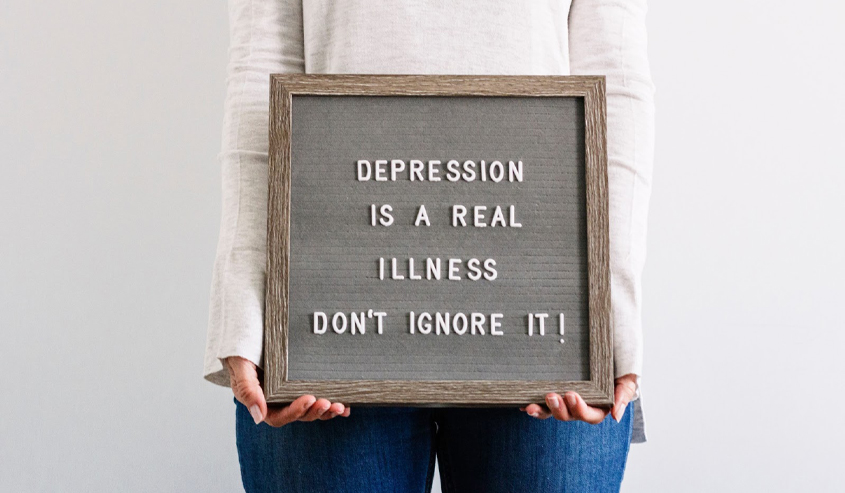
Mental illnesses are brain disorders or impairments. They affect the cognitive functioning and logical thinking capacities of the brain. Mental illnesses span the range of depression to schizophrenia. This includes addiction, bi-polar disorder, mania, bulimia, anorexia and various addictions apart from so many more.
As per the 2019 statistics, nearly 46% of the adults in the US will be afflicted by a mental ailment in their life. 5% of adults experience a mental illness in a year and that translates to over 43 million people in any given year. The unfortunate part is only 41% of people receive professional services for their mental disorders.
Another fact is that mental illnesses can be genetic. Oftentimes, parents with bi-polar disorder will have kids who are bi-polar. They can be the result of smoking or exposure to other harmful substances before birth. Finally, mental illnesses can be caused by traumatic environmental events like the death of a loved one and Covid-19. Whether a financial loss during the pandemic or someone already suffering from a mental illness that is now experiencing greater isolation than before.
How to tell if someone has a mental illness?
While people who suffer from a mental illness tend to express it in different ways, some common symptoms include:
- Constantly feeling sad
- Problems with thinking and concentrating
- Extreme anxiety; constantly worrying about uncontrollable factors and events
- Extreme and sudden mood swings
- Withdrawal from life activities
- Extreme insomnia or narcolepsy
- Extreme fatigue, trouble functioning normally and properly throughout the day
- The inability to stay grounded in reality
- Inadequate stress coping mechanisms and abilities
- Problems with empathy
- Abuse of controlled substances and alcohol
- Major appetite changes
- Changes in sexual behavior
- Extreme anger, hostility, or violence
- Thoughts about taking one’s life
Who is at risk for developing a mental illness?
The following people can become a subject for developing a mental illness:
- A family history of mental illness
- Traumatic life events like a job loss or a hostile divorce
- Uncontrolled medical conditions
- Damage resulting from brain trauma
- Substance abuse
- Abuse or neglect during early childhood and adolescence
- Undiagnosed mental illnesses
- Loss of companionship or things to do
Diagnosis and Treatment
People with mental illness are often asked to take psychiatric tests. This will help mental health professionals determine if they really do suffer from a mental disorder. The treatment plan often includes extensive and intensive mental health counseling with a licensed professional counselor. Some people who suffer from mental illnesses will also see a psychiatrist who will prescribe them one of many antidepressants, mood enhancers and stabilizers and/or related medicines.
Reported mental illness cases are on the rise in modern societies. This is largely because mental illness is better understood now and therefore better diagnosed and detected. People who suffer from a mental illness can indeed manage it and live a productive and joyful life.
